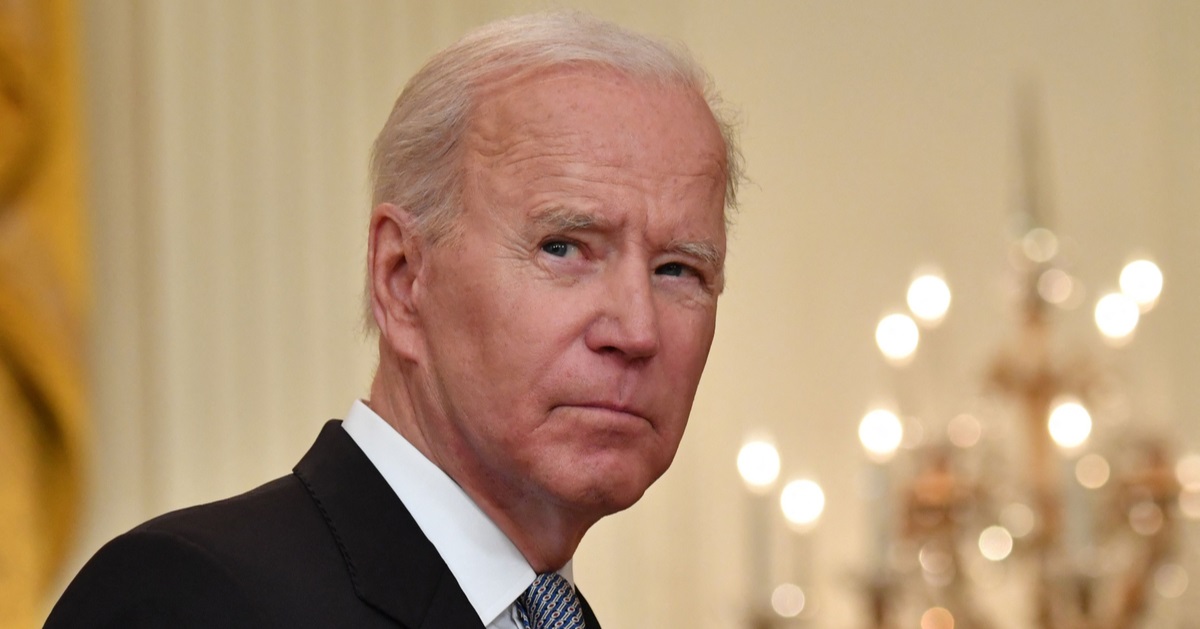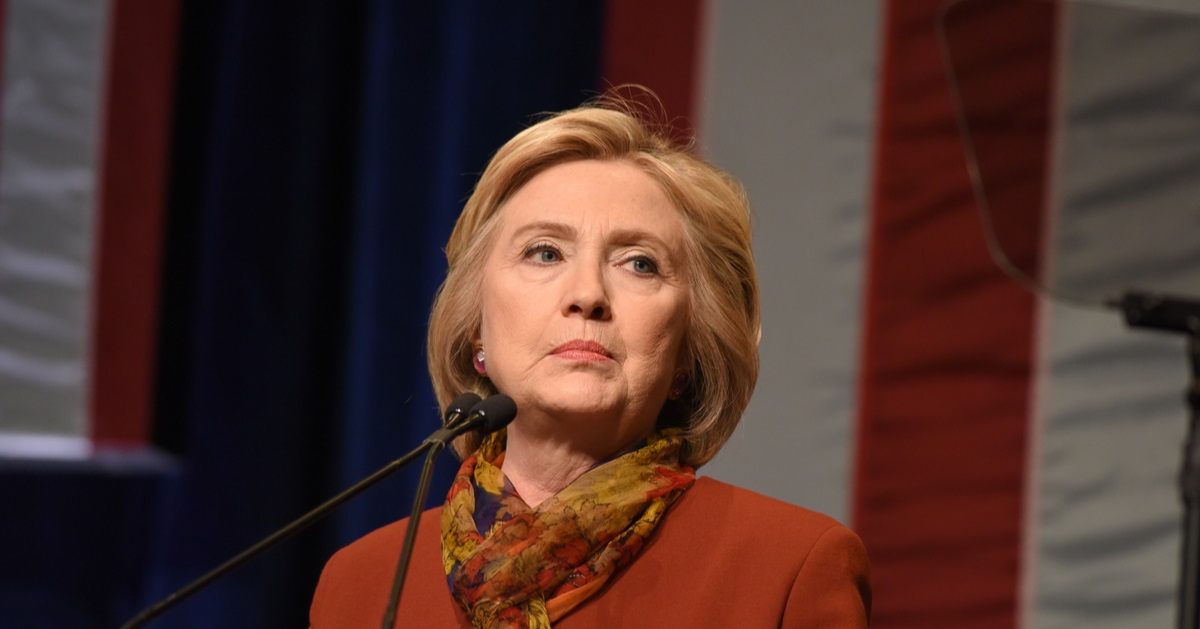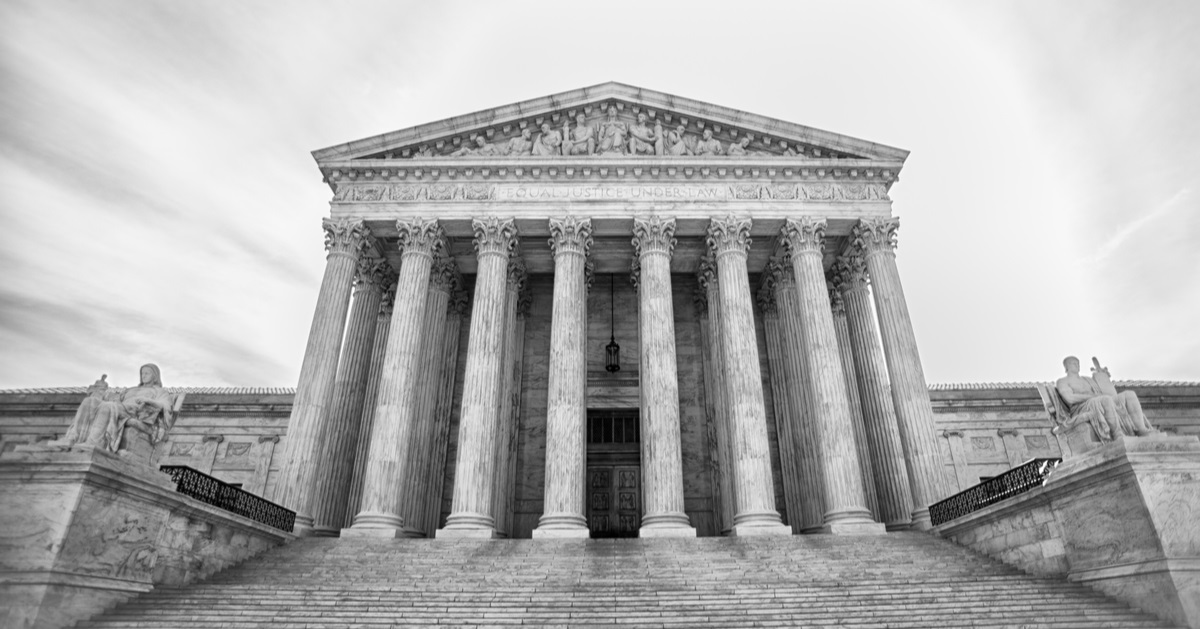What EU far-right victories mean for US elections this year
The recent EU elections are currently being heralded as a watershed moment for right-leaning groups across Europe.
The more conservative groups won over a large portion of the European Union's 27 member states, and their unexpectedly large wins are causing a stir in the country's political elite and even in the US, as The Associated Press reported.
The parties' performance caused French President Emmanuel Macron to announce early legislative elections and humiliated German Chancellor Olaf Scholz, who was outpaced by his own party.
Results are still trickling in from Tuesday's elections, but the right-wing surge is the most recent illustration of how conservative populism and dissatisfaction with immigration and globalization have contributed to a conservative and right-wing reaction in wealthy Western democracies.
Elections in America
This was most clearly demonstrated by the 2016 election of former president Donald Trump, but it is still uncertain if the right-wing trends in Europe will be enough to propel him to reelection in November.
All of the turmoil breaks through the headlines about the trial and surrounding chaos of a conservative candidate running in the United States.
While the left-leaning factions in the US appear to be pulling out all the stops to ensure that former President Donald Trump is NOT reelected, the tide of conservatism is still pushing the western world to the right, it would seem.
Differences in The Countries
However, many believe that the dynamics in the United States and Europe are very different, even though they have many similarities.
The political center is likely to maintain control of the EU parliament despite the right-wing party's gains in the most recent European elections.
“We’re clearly at one of those points where the wind can blow in either direction,” said Charlies A. Kupchan, a fellow at the Council on Foreign Relations.
What drove Europe's right?
The political climates in each member state of the European Union are unique, and the parliamentary elections provide citizens a chance to cast a symbolic vote against their own government by choosing representatives to serve in Brussels instead of their home city.
It appears that there is no ideological foundation for the worldwide revolt against incumbents, it might well just be the standard of living decline that is making matters worse for the average voter.
However, the rise of the right in Europe is not only coincidental. The frustration with the migration crisis in the EU, which the right has been quick to accentuate on social media, and with climate change legislation and other policies that are perceived as having a disproportionate impact on rural and less educated populations have been driving forces behind this.
Many Europeans are unhappy with the current situation since their economies have not grown since the global recession of 2008.






